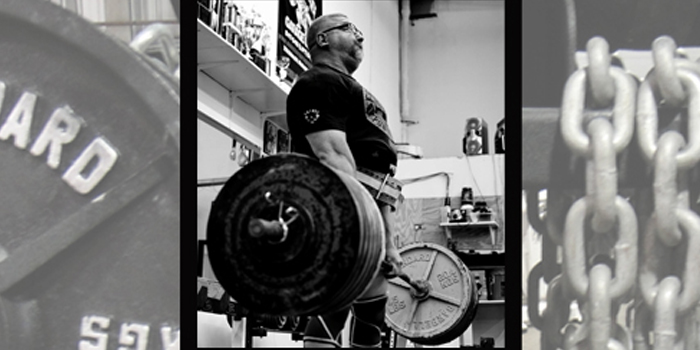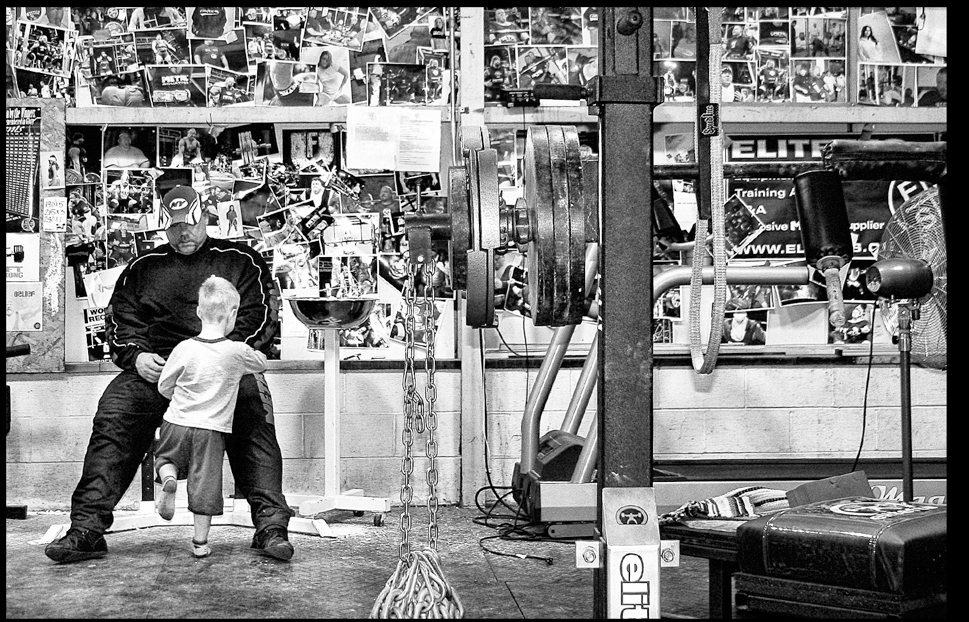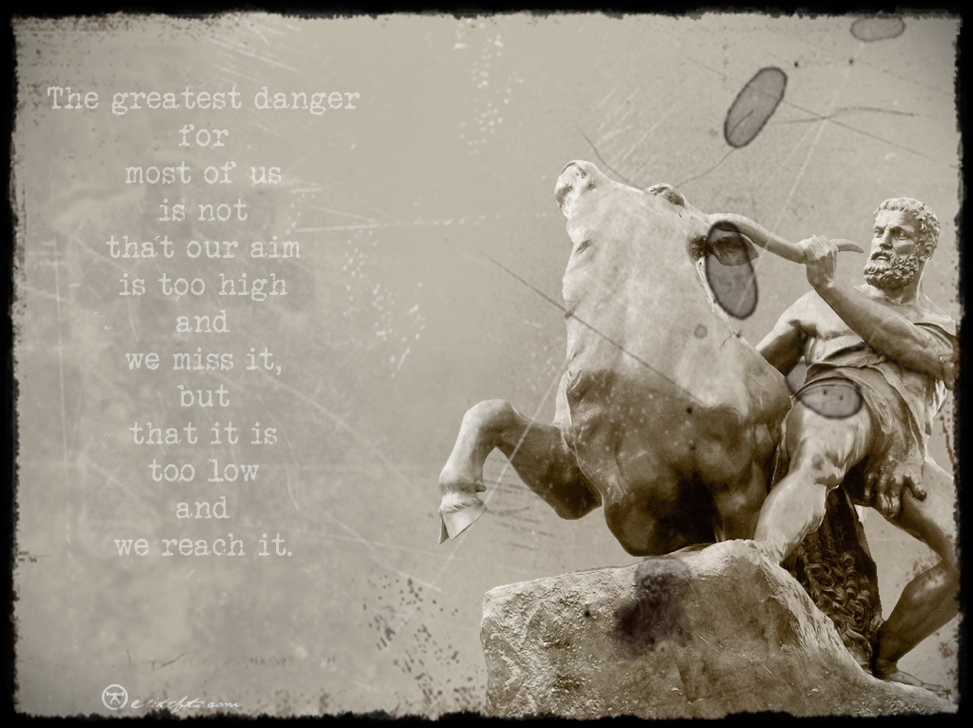
“Great minds discuss ideas, average minds discuss events, small minds discuss people.” —Eleanor Roosevelt
Over the years, I have been exposed to all three of the mind-types. They all exist as part of everyone’s life in one degree to another. My guess is you can think of an individual in each one of these mind-types if you think about it long enough.
When looking at great, average, and small minds one tends to inject education into the equation, but it has been my experience while in undergraduate as well as graduate school as well as in the work place, that higher education and a mind-type are mutually exclusive. I have cherished relationships with some great minded individuals who have never pursued secondary education as well as having met a number of small minded folks who possess multiple doctorate degrees. The mind-type is not based upon education, but on one’s application of a mindset.
RECENT: Here and Now: Mindfulness and Being in the Moment
Defining these three types of minds is done so perfectly with the First Lady Eleanor Roosevelt's above statement. Great minds truly do discuss ideas, they see the larger picture, they lack egocentrism and can put others before them. While they might enjoy the spot light, they do not seek it, but rather seek that for others as they typically possess an inner confidence that serves them as well. The great minds are the ones who create the ideas that the average and small minds often take for granted. Great minds seek corrective feedback and constructive criticism as it helps propel their growth and examine their own areas of deficit. Another way to state this is that great minds in fact do Live, Learn and Pass On.
Statistically, the world is mostly populated with average minds. They truly discuss events and this is where they can become stuck, as they can see a picture, but it is not the big picture.
And in your own mind’s eye, you can envision those small minds as they do stick out like a sore thumb. Those are the minds who discuss people. The rut small minds are stuck in is not unlike mental quicksand. These are the minds that are content not lifting others up and not working toward contributing to an idea or the ideal. These are the minds that have sticky tentacles as a discussion can only happen between two individuals and they work to draw in other like-minded minds, as misery does love company. Small minds are unwilling or unable to see that their mindset actually creates inferiority as well as mediocrity and leads them ultimately toward insignificance.
In powerlifting, the type of mind one has is more crucial to the success one can have as a lifter than most realize. Think for a moment of a great-minded powerlifter — one who discusses the ideas over people. This is a powerlifter that can see the big picture and they talk in terms of ideas. An idea is a thought or a suggestion as to a possible course of action. Great minds discuss ideas and ideas become plans or designs and from there a vision of the idea is born and ultimately, a mission to carry out that plan. A successful plan always spawns from a thoughtful idea. The great-minded powerlifters see beyond the event(s) and they never engage or trifle discussion about people because there is no value in the negativity of discussing people or getting wrapped up in some event or circumstance.
On the opposite end of the spectrum of the great mind, is the small-minded powerlifter. Small minds discuss people. The small minds come into the gym and instead of discussing the training for the day, they discuss what others have done during that day. Discussing people gives the small mind the illusion of superiority as they point out what they perceive as the shortcomings of others. Their conversations are steeped in the nuanced insignificance of this person did this, or said that. They cast judgement or dispersion on others.
These are the powerlifters wrapped up in others’ shortcomings more than their own goals and ideas, and thus ultimately serve as a blockade for their own achievements. The small-minded powerlifters are the powerlifters concerned about discussing the depth of another powerlifter’s squat, another powerlifter’s programming, another powerlifter’s diet, another powerlifter’s technique. They are concerned if the other powerlifter is RAW or wears gear.
To the contrary, the great-minded powerlifters are honed in on their own squat, their own programming, their own diet, as well as their lifting partner’s squat, their lifting partner's programming, their lifting partner's diet. They are not discussing others, but discussing ideas and these ideas generate intent, and intent generates actions, and ideas combined with actions equate to success.
As powerlifters, we need to coach ourselves at times and look not just at the numbers, but inward to see if we are projecting our training into the larger ideas and ideals of our lifting goals, both short-term and long-term. We need to look inward to see if we are spending our limited and invaluable energy on gossiping about another’s technique, or perfecting our own technique. The great-minded powerlifters look at strong(er) athletes and learn from them, whereas the small-minded powerlifter look at strong(er) athletes and try to minimize them.
Recently I sat on the social media sidelines watching an event transpire that I feel touches on and almost exemplifies all three minds, and specifically all three powerlifting minds: great powerlifting minds, average powerlifting minds and small powerlifting minds. If you really pay attention, especially within the pseudo-world of social media, you can see the three types of minds that Eleanor Roosevelt’s quote so perfectly describes. All three types are alive and well, right here and now.
With regard to this event, this perfect illustration of the three minds, there was a tiny but powerful contingent of small-minded powerlifters. These small minds were a part of a much larger entity, an organization that has a respected following. But as I mentioned with regard to an educational background being a mutually exclusive trait to being a great mind, being a powerful entity does not mean the decision makers are great-minded individuals.
RELATED: The Mental Games: Are You Winning or Losing?
In this situation, the small minds of the organization, rather than discussing ideas, were discussing people — specifically one person. The small minds, who although they represent an organization for all mind types, were zeroed in on the activities of the one single great-minded powerlifter, one who was actually once a part of the small mind's organization. The small minds, instead of discussing ideas and moving their organization forward, had concerns of the activities that the great mind was involved with. So concerned that they sent a message to all those affiliated with their entity in essence stating to them that any involvement with the activities of the great-minded powerlifter (of whom they specifically named) would result in some type of retribution, some type punitive response.
Thus, in this one instance, we in fact see all three of Eleanor Roosevelt’s mind types. If you follow powerlifting you know exactly of this issue. Those watching this issue unfold were witness to small minds discussing the individual, average minds discussing this event, and the great mind in the middle of the social media storm. That great mind said nothing. In fact, his silence was deafening.
Why does the great-minded powerlifter say nothing? Because just as the saying goes, “Lion’s don’t concern themselves with the opinions of sheep,” the great-minded powerlifters do not concern themselves with the pettiness of the small-minded powerlifters.
We as powerlifting human beings will vacillate, even migrate, between all three of these mind sets, great, average, and small. But if you want to truly be “all in” when it comes to your powerlifting goals, you have to be of a great mindset. You can’t have your programming, nutrition and technique all squared away, yet lack the mindedness to be able to inject those elements into the bigger-picture goal. Achieving that goal requires discussing ideas — the ideas pertaining to your training and competition that will evolve from ideas into a vision. Into a plan. Into mission. Into successfully bringing the original idea to fruition. Nor can you have programming, nutrition and technique all in order and yet be simultaneously focused on the discussion of people and what you perceive to be their shortcomings.
As lifelong powerlifters, becoming better is always the goal. As excellence in powerlifting is a place we visit more so than live at, thus is the mindset of the great mind. We might be more prone to the average mindset, but striving for the great as much as possible, by focusing on the big ideas, one begins to realize that this, the great mindset with regard to powerlifting, is truly one of the “secrets” to your success in this great sport that we all love so very much.














2 Comments